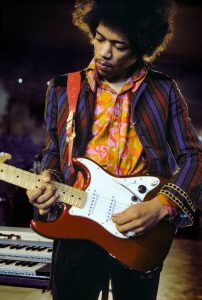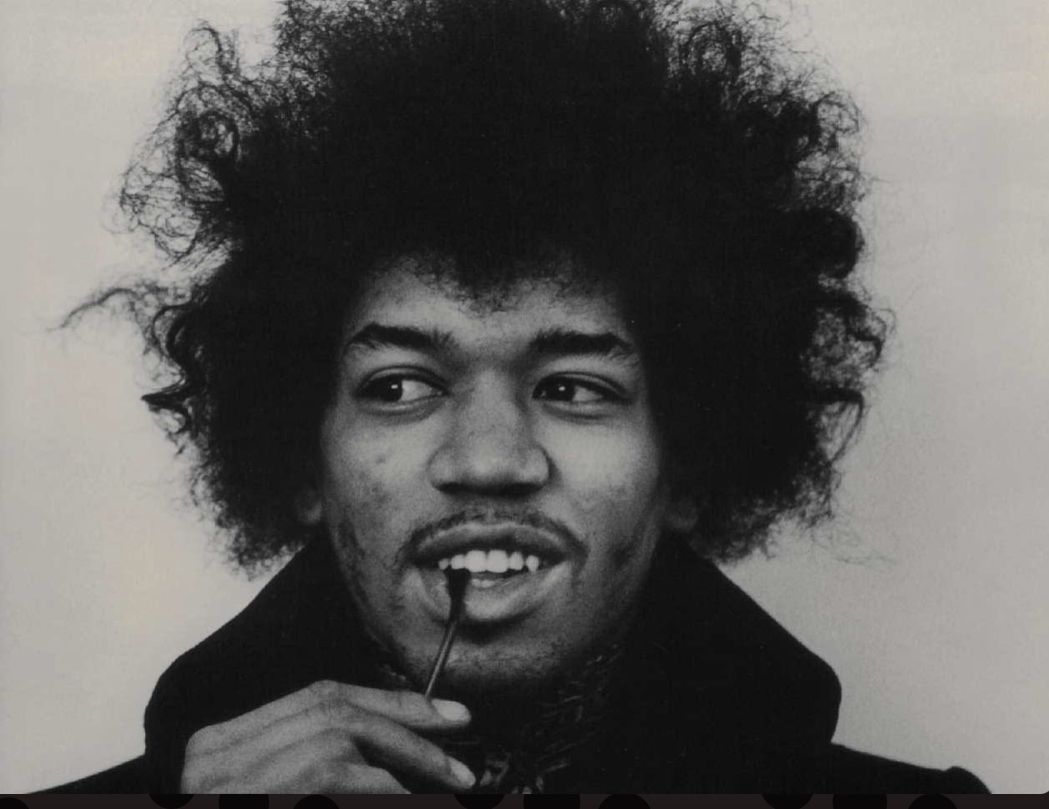Jimi Hendrix (born November 27, 1942, Seattle, Washington, U.S.—died September 18, 1970, London, England) American rock guitarist, singer, and composer who fused American traditions of blues, jazz, rock, and soul with techniques of British avant-garde rock to redefine the electric guitar in his own image.
Though his active career as a featured artist lasted a mere four years, Hendrix altered the course of popular music and became one of the most successful and influential musicians of his era. An instrumentalist who radically redefined the expressive potential and sonic palette of the electric guitar, he was the composer of a classic repertoire of songs ranging from ferocious rockers to delicate, complex ballads. He also was the most charismatic in-concert performer of his generation. Moreover, he was a visionary who collapsed the genre boundaries of rock, soul, blues, and jazz and an iconic figure whose appeal linked the concerns of white hippies and black revolutionaries by clothing black anger in the colourful costumes of London’s Carnaby Street.

A former paratrooper whose honourable medical discharge exempted him from service in the Vietnam War, Hendrix spent the early 1960s working as a freelance accompanist for a variety of musicians, both famous and obscure. His unorthodox style and penchant for playing at high volume, however, limited him to subsistence-level work until he was discovered in a small New York City club and brought to England in September 1966. Performing alongside two British musicians, bassist Noel Redding and drummer Mitch Mitchell, he stunned London’s clubland with his instrumental virtuosity and extroverted showmanship, numbering members of the Beatles, the Rolling Stones, and the Who among his admirers. It proved a lot easier for him to learn their tricks than it was for them to learn his.
Hendrix had an encyclopaedic knowledge of the musical roots on which the cutting-edge rock of his time was based, but, thanks to his years on the road with the likes of Little Richard and the Isley Brothers, he also had hands-on experience of the cultural and social worlds in which those roots had developed and a great admiration for the work of Bob Dylan, the Beatles, and the Yardbirds. Speedily adapting the current musical and sartorial fashions of late 1966 London to his own needs, he was soon able not only to match the likes of the Who at their own high-volume, guitar-smashing game but also to top them with what rapidly became the hottest-ticket show in town.

